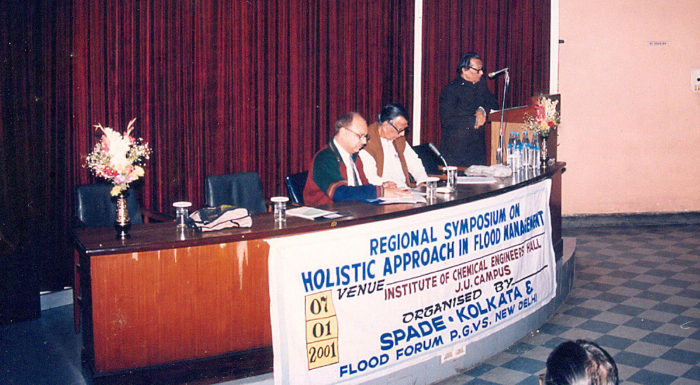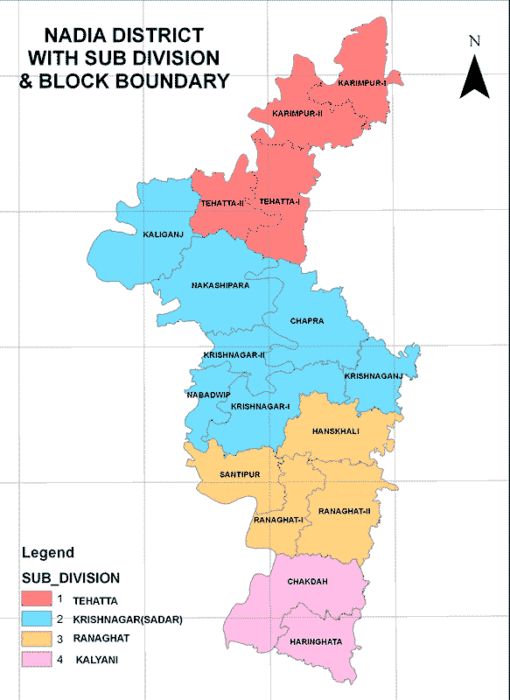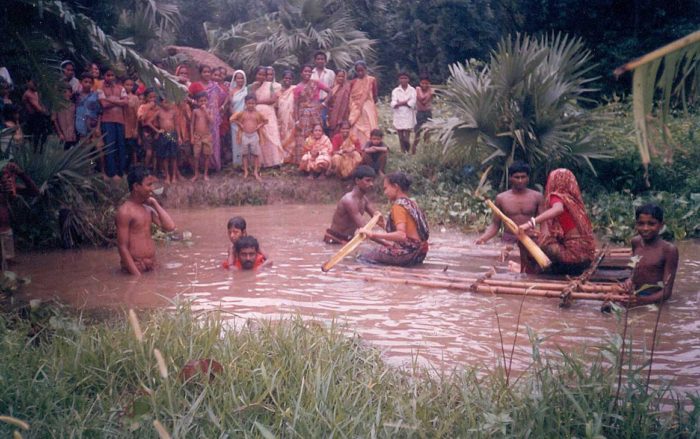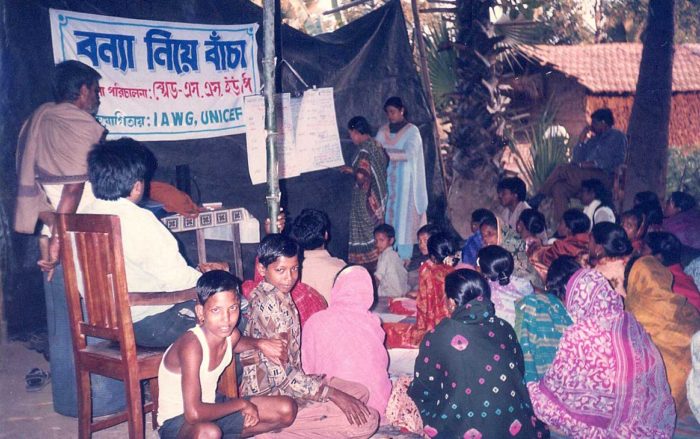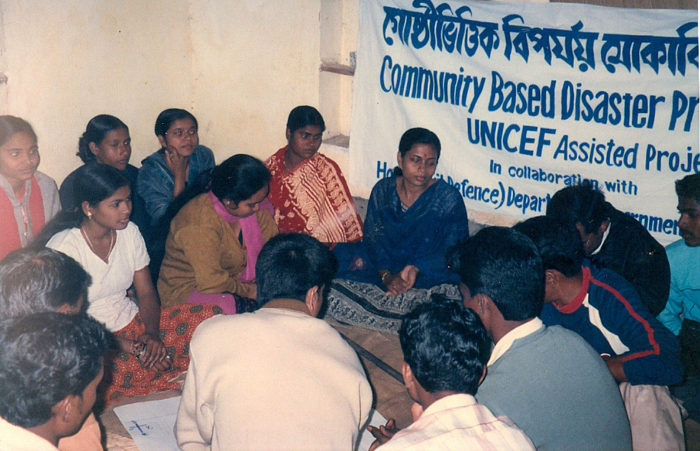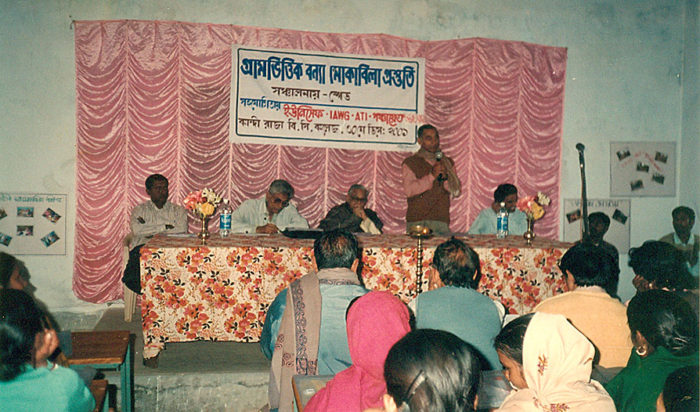“The journey of a thousand miles begins with one step” – Lao Tzu
Calcutta Society for Professional Action in Development, popularly known as SPADE, was established in 1994 as a Non Government Organization under the Societies Registration Act, 1961 of West Bengal. It was promoted by a group of professionals from a diverse field basically to provide techno-managerial support to other organizations operating in the development sector. As an institution, SPADE believes that “All people are equipped to participate in a sustainable and equitable world”. The mission of SPADE is “Working in association with others to provide professional support to poor and marginalized communities and advocate policies on their behalf”. During the last decade SPADE has established itself as a major Capacity Building Institution that facilitates the poor and marginalized communities to form and manage institutions like Self Help Groups, Clusters, Federation, Cooperatives, etc.
Sometimes it’s the journey that teaches you a lot about your destination
SPADE’s intervention in Nabadwip was a consequence of a devastating flood in 2000. Nabadwip, in the District of Nadia, is located at the confluence of the Bhagirathi and Jalangi rivers and agriculture is the backbone of the local economy. Nabadwip is also famous for its handloom products, and the traditional Jamdani Saree of Nabadwip has been popular in domestic markets since time immemorial.
The whole area is very much flood-prone and it is almost a yearly event here. But the flood in 2000 broke all its past records in terms of severity and scale of devastation. There are many instances of families who, in search of high altitude places, had to move 4 or 5 times, had to live without food and were forced to drink contaminated water before the relief arrived. Nabadwip rural and urban areas were submerged under a record 11 feet of water. Even the main images at the birthplace of Shree Chaitanya Mahaprabhu had to be moved to higher floors as the main shrine was submerged. More than 70% of Nabadwip’s population was stranded. Huts were washed away and the homeless were moved to shelter homes and schools. 18 people lost their lives in Nabadwip. At a time when weavers do some good business ahead of Durga Puja, incessant rains have rendered thousands of them jobless. According to the then Nabadwip Municipality Chairman Pundarikaksha Saha, about 4,915 looms have been affected by the rains. The whole area was waterlogged. The weavers of the area were suffering as they have no money. Vidyasagar College in Nabadwip was listed as one of the higher education centers that were badly damaged.
Transformation is a process, and as life happens there are tons of ups and downs. It’s a journey of discovery
During this period, SPADE, with active support of OXFAM came forward to participate in the relief distribution activities among the distressed villagers in Mahishura GP of Nabadwip. SPADE personnel stayed there for few days to perform the assigned tasks and thus a rapport was built with the flood victims. Some comments of those victims were like “…you will return to Calcutta after your job is finished, but we will be right here with the same destiny of suffering and hardship due to flood year after year…” really initiated some serious thoughts regarding doing something, which will create a sustainable impact on these people. This line of thinking actually gave birth to the philosophy of community participation and involvement in the whole gamut of flood preparedness and thus to minimize the flood damage as far as practicable. So, in the process, the Project, Community based Disaster Preparedness (CBDP) took shape with the other IAG partners.
A survey was conducted in Mahishura and Fakirdanga-Gholapara GP and several Linkage Meetings with the GP Pradhans and Members and also with the local influential persons was organized by SPADE to identify what exactly is needed to reduce vulnerability of the rural poor and to make them prepared to face any eventuality. It was evident that the economic vulnerability was the predominant one and it was at the centre of all miseries and sufferings of the people. So, a decision was taken to organize the most vulnerable section of the community. In rural India, the economic and socio-political condition made the women the most vulnerable section of the community. But they can take a vital role to mould the future of the country.
Hence, SPADE personnel, with the approval of the respective GPs, started promoting Self Help Groups (SHGs) in full swings with a view to organize the village women in small groups in various booth areas. In November, 2000, SPADE first formed some SHGs in Mohisura GP and later on activities were replicated at Fokirdanga GP. Through these SHGs, the poor women started to save small amount of money individually and took loan on priority basis without any outside financial help. So, from the very beginning, they were on their own feet and self reliant. Hence, the idea of developing a new institution for the poor and vulnerable rural women emerged gradually and still with the same zeal, SPADE is working with the community, particularly the poor rural women who are especially vulnerable in a flood time.
Hope is like the sun, which, as we journey toward it, casts the shadow of our burden behind us
Hence, from 2000 onwards, SPADE began to consolidate its focus on two major themes: Micro-finance and Disaster Management including Community Based Health Promotion wherein SPADE is now a prominent player in the state and beyond – being a multifaceted organization providing field facilitation, documentation, communication, capacity building, partnerships and advocacy. Gradually SPADE proliferated its activities from Kolkata to three other districts and now has field offices at Nadia, Murshidabad and Malda. Based on the felt need in some operational areas SPADE has identified few grassroots level organizations having good rapport with the community and hence operated in those areas through these Self Help Promoting Institutions (SHPIs).
So far, SPADE has promoted two Federations – one in Nabadwip and another one at Kandi federating the Self Help Groups of the respective areas. These Federations are not only constituted but also managed and owned by the rural women. Besides providing Capacity Building support for managing Self Help Groups, SPADE also took the initiative to involve the SHG members in Community Based Disaster Preparedness, Flood Early Warning Advocacy, Community Mobilization for Polio Eradication, Routine Immunization, Under-3 Child Care and Community Based DOTs Program. These involvements of the SHG members’ altogether have enhanced the capacity and strength of the network within the operational areas. Also, SPADE has initiated livelihood-oriented interventions in its operational areas so as to eradicate poverty and reduce vulnerability of the community.
SPADE has provided support as a Resource Centre to organizations like –
- Oxfam-Kolkata,
- Action Aid India – Bhubaneswar,
- Irrigation and Waterways Department – Government of West Bengal,
- UNICEF – Kolkata,
- CARE – West Bengal,
- NABARD – Kolkata Regional Office,
- Panchayet & Rural Development Dept – Government of West Bengal,
- CARITAS – Germany,
- Women Development Undertaking – Govt. of West Bengal,
- UNDP, etc.
Major activities of the organization are –
- providing Capacity Building Support in areas like Self Help Group Promotion & Facilitation, Cluster, Sub Cluster and Federation Formation & Management,
- Quality Assessment of SHGs, Clusters, etc.,
- Income Enhancement Planning for the SHG Members,
- Promotion & Management of Micro Finance Institutions,
- Community Based Disaster Preparedness,
- Micro Planning (Rural & Urban PLA/PRA), etc.
Also, SPADE is acting as an authorized monitoring agency for CAPART projects and was engaged with few District Rural Development Agencies as District Technical Experts. Undoubtedly, during its past history SPADE has established itself as a major Capacity Building Institution that facilitates the poor and marginalized communities to form and manage institutions of their own.






